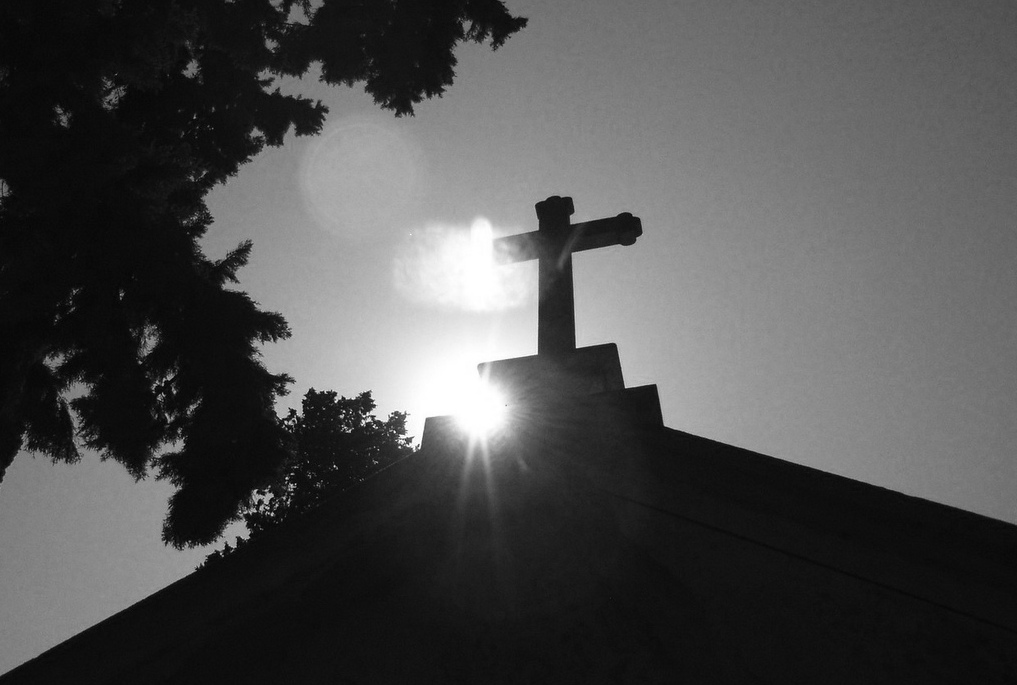Editor’s note: The following is extracted from Europe in the Middle Ages, by I. L. Plunket (published 1922). All spelling in the original.
The final failure of Christendom to preserve Eastern Europe from the infidel may be traced back to the disastrous Fourth Crusade in the thirteenth century, when Venice, for purely selfish reasons, drove out the Greek rulers of Constantinople, and helped to establish a Latin or Frankish Empire. This Empire lasted for fifty-seven years, weak in its foundation, and growing ever weaker like a badly built house, ready to tumble to the ground at the first tempest. It pretended to embrace all the territory that had belonged to its predecessors, but many of the feudal landowners whom it appointed were never able to take possession of their estates that remained under independent Greek or Bulgarian princes, while in Asia Minor the exiled Greek emperors ruled at Nicea, awaiting an opportunity to cross the Bosporus and effect a triumphant return.
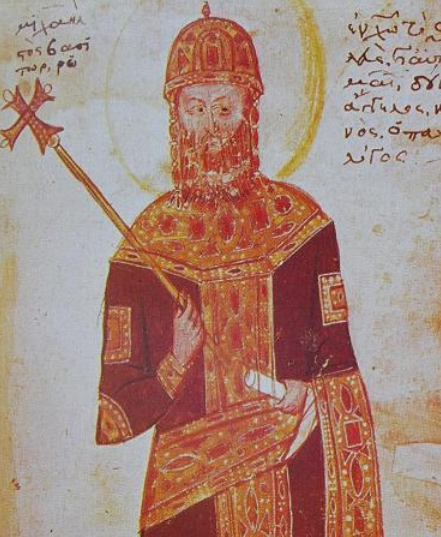
Michael Paleologus, to whom the opportunity came, was an unscrupulous adventurer who, on account of his military reputation, had been appointed guardian of the young Emperor of Nicea, John Ducas, a boy of eight. Taking advantage of this position, Michael drove from the court all whom he knew to be disinterested partisans of his charge, and then declared himself joint emperor with the child. This ambitious claim was but a step to worse deeds, for before he was ten years old the unhappy little Emperor had been blinded and thrust into a dungeon by his co-emperor’s orders, and the Paleologi had become the reigning house of the Eastern Empire.
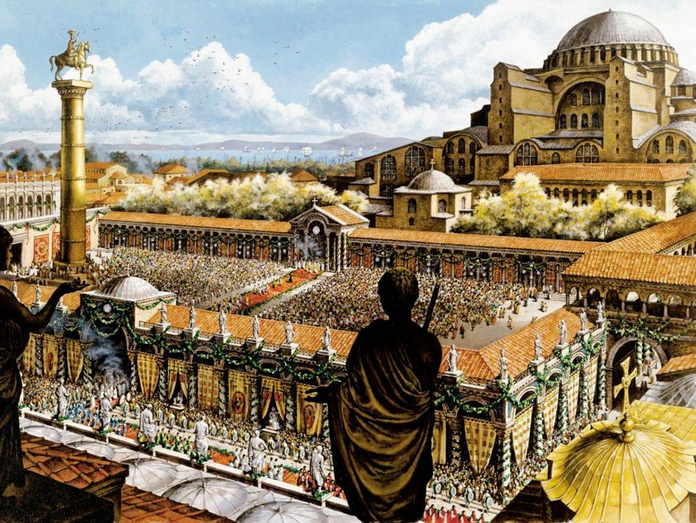
The Eastern Empire
This was an evil day for Christendom, for though Michael Paleologus beat down the resistance of all the Greek princes who dared to resent the way in which he had usurped the throne, and afterwards succeeded in entering Constantinople, yet neither he nor his descendants were the type of men to preserve what he had gained. Nearly all the Paleologi were weak and false: Michael himself so shifty in his dealings that his friends trusted him less than his enemies. Because he had won his throne by fraud and cruelty he was always suspicious, like Italian despots, lest one of his generals should turn against him and outwit him. Instead, therefore, of keeping his attention fixed on the steadily increasing power of the Mahometans, an inspection that would have warned a wise man to maintain a strong army along the borders of the Empire in Asia Minor, he was so afraid of his own Greek troops that, once established in Constantinople, he disbanded whole regiments, and exiled their best officers. Everything he did, in fact, was calculated merely to secure his immediate safety or advantage, with no thought for the future, so that he died leaving his kingdom an easy prey to foreign enemies strong enough to seize the advantage.
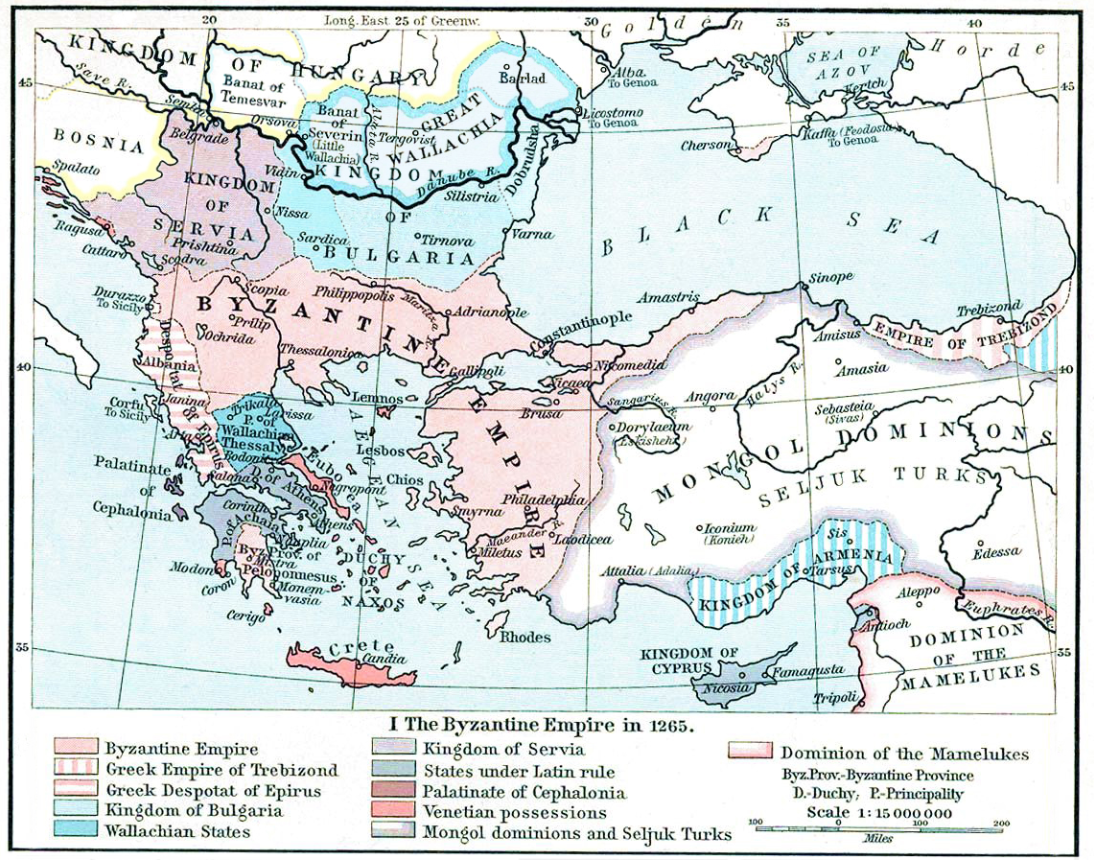
Besides the misrule of Michael Paleologus, other factors were at work, busily undermining the restored Greek Empire. For one thing, the Greek and Bulgarian princes, who had obtained independence when the Latins ruled in Constantinople, had no intention of returning to their old allegiance; while here and there were feudal states, like the Duchy of Athens, established by the Latins and still held by them, although the Frankish Emperor who had been their suzerain had disappeared. The islands in the Aegean Sea were most of them in Venetian hands, and Venice took care that the Greek Empire, whose fleet she had swept from the Mediterranean in the thirteenth century, should not construct another sufficiently strong to win back these commercial and naval bases. In the same way the trade that had passed from Constantinople never returned: for the cities of the Mediterranean preferred to deal on their own account with Syrian and Egyptian merchants rather than to pay toll to a ‘middleman’ in the markets of the Paleologi.
For all these reasons it can be easily seen that the new Byzantine Empire was in a far worse state of weakness and instability than the old. Like Philip IV of France, who found the financial methods of Charlemagne quite inadequate for dealing with his more modern needs and expenses, the Paleologi were confronted by a system of administering laws and exacting taxes that, having completely broken down under the strain of foreign invasion, was even more incapable of meeting fourteenth-century problems with any feasible solution. More practical rulers might have invented new methods, but the only hope of the upstart line that had usurped power without realizing the responsibility such power entailed was to seek the military and financial aid of the West as in the days of Alexius Commenus.
Little such aid was there to gain. Venice and Genoa, once eager crusaders, were now too busy contesting the supremacy of the Mediterranean to act together as allies in Eastern waters. The Popes, annoyed that the overthrow of the Latin Empire had brought about the restoration of the Greek Church, were willing enough to consider the reconversion of Byzantium held out to them as a bait; but even if they granted their sympathy they had obviously too many political troubles of their own to make lavish promises likely of fulfilment. Western Europe, in fact, was too interested in its own national struggles to answer calls to a crusade, too blind in its narrow self-interest and prejudice against the Greeks to realize what danger the ruin of Constantinople must bring on those who had for centuries used her as a bulwark.
Turkish Invasion of Europe
Andronicus II, the son and successor of Michael, was equally cruel and false, and still more of a personal coward. He saw the danger of Mahometan invasion that his father had ignored, and, in terror both of the Turks and of his own subjects, arranged to hire a band of Catalan mercenaries who had been fighting for the Aragonese against the Angevins in Sicily, in the war introduced by the Sicilian Vespers. This war over, the captain of the Catalans, Roger de Flor, a Templar who had been expelled from his Order for his wild deeds, was quite willing to unsheathe his sword on a new field of glory and pillage; so that on receiving dazzling promises of reward and friendship he and his ‘merry men’ sailed for the East.
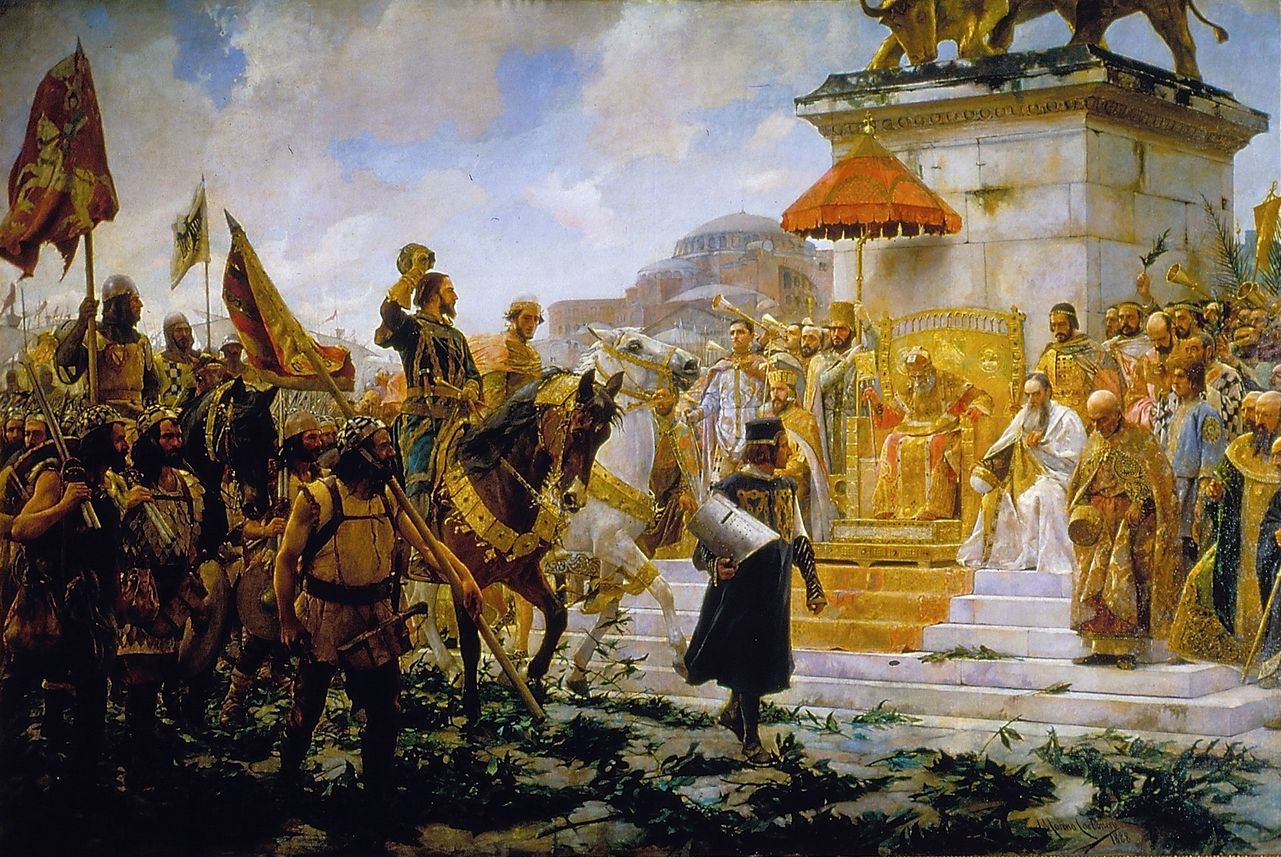
Once established in Greece, however, the Catalans proved so arrogant and lawless that the Greeks complained that they were a far worse infliction than the Mahometans. Quarrels ensued, and finally, in the course of a bitter dispute between Roger de Flor and Andronicus, the Spanish general was murdered as he stood talking to his master. This act of treachery, added to growing indignation at the limited supplies of money the Emperor had grudgingly disbursed for his foreign army, turned the Catalans from pretence allies into a horde of raging enemies. From the walls of Constantinople itself they were driven back, but elsewhere they burned and slew and laid waste the country, until at last, reaching Athens, they stormed the walls of that city, killed its Latin Duke, and established themselves as an independent republic.
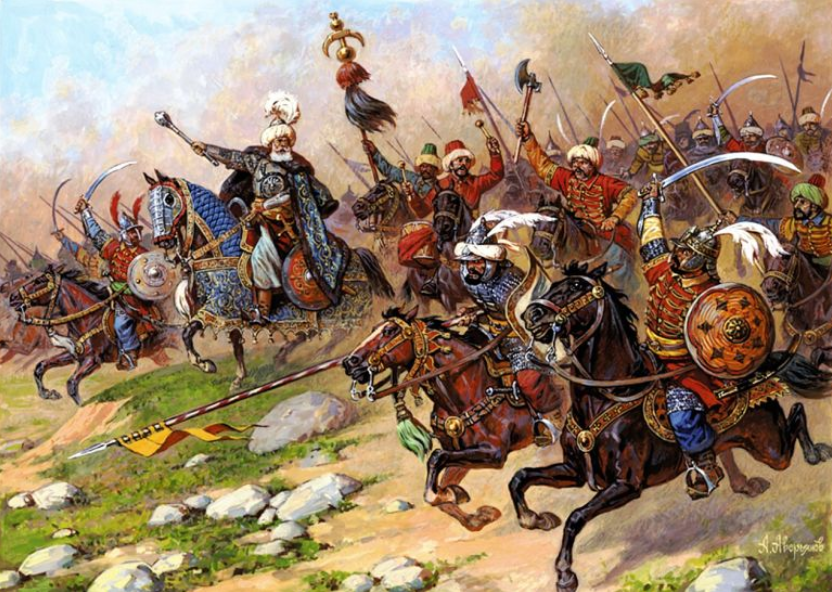
By the time they had ceased to rove the Catalans had also ceased to be dangerous, but in their savage wanderings they had inflicted incalculable harm upon the Byzantine Empire. The Andronicus who could barely hold them at bay before the gates of his capital was an Andronicus who could not hope to withstand invasion in Asia Minor; and over his Eastern boundaries, left weakly garrisoned since the days of Michael Paleologus, poured the Turks in irresistible numbers. Soon there remained to the Greek Empire, of all their provinces across the Bosporus, merely a strip of coast-line to the north of the Dardanelles, and finally this also was whittled away, and the Turks crossed the Straits and captured Gallipoli as a base for future operations in Europe.



